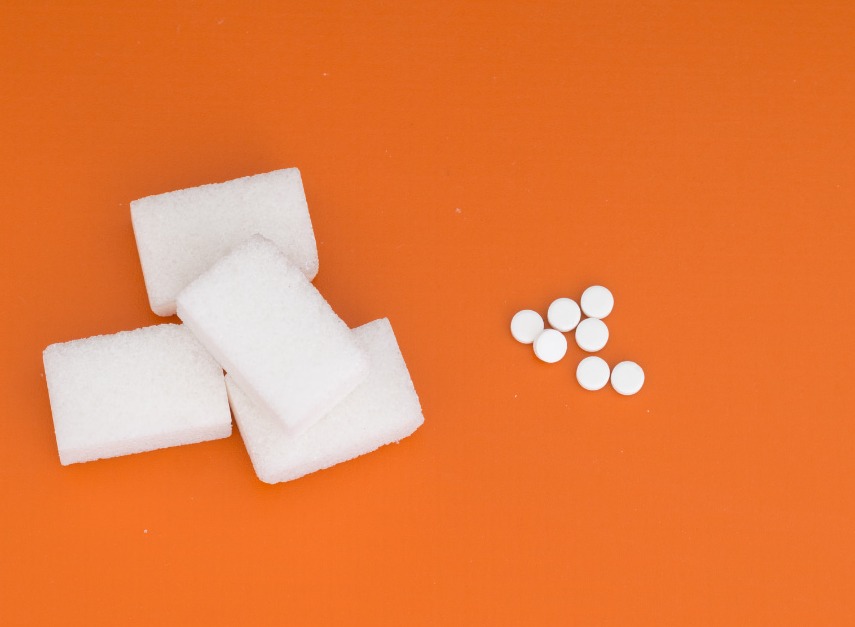- Home
- Share
- Forum
- Cardiovascular diseases Forum
- Living with cardiovascular diseases
- Could It Be Possible To Eliminate Clogged Arteries?
Patients Cardiovascular diseases
Could It Be Possible To Eliminate Clogged Arteries?
- 28 views
- 0 support
- 3 comments
All comments
![]()
broandrew
![]()
broandrew
Last activity on 04/03/2025 at 8:12 PM
Joined in 2018
2 comments posted | 1 in the Cardiovascular diseases Forum
Rewards
-
Explorer
We make a new enhanced drink water product that does reduce blood plague. Two surviving open heart surgery patients, now have blood flowing in the 4 arteries to the heart that where clogged before the surgery, now the are flowing the doctor said " In all my practice I have never seen, clogged arteries to the heart , after surgery and now flowing! Check out the [link removed]. Most will reject the water smacker, but if you read with an open mind and try and understand how this drinking water enhancer will do anything for me.
See the signature
Bro. Andrew

Unregistered member
Yes if i had been informed ahead in my early years .now knowing the signs for women i could maybe stopped my heartattch from happening to me 20/20 hind site so sad all the years i lost of my life and still living with constant pain ever day.please help other's with this information.sincerely s.cothron.
![]()
FLbound
![]()
FLbound
Last activity on 06/17/2020 at 5:30 PM
Joined in 2020
6 comments posted | 6 in the Cardiovascular diseases Forum
Rewards
-
Explorer
@Lee__R This is interesting to me. I'd definitely be interested, but only if it has been properly tested, trialed, etc and I think I'd need several years to go by to see what any potential long term effects would be if any. I hope they've done more studies since this one was completed.
Give your opinion
Survey
Survey
Members are also commenting on...
Articles to discover...
Subscribe
You wish to be notified of new comments
You have been subscribed









Lee__R
Community managerGood advisor
Lee__R
Community manager
Last activity on 04/03/2020 at 5:04 PM
Joined in 2018
1,337 comments posted | 6 in the Cardiovascular diseases Forum
2 of their responses were helpful to members
Rewards
Good Advisor
Contributor
Messenger
Explorer
Friend
Top chef
A new clinical trial to study a potential way of reducing the risk of early-onset atherosclerosis may be on the way.
After evaluating previous research, a report published in the Journal of the American Heart Association concludes that a clinical trial might pave the way for a new treatment to help reduce the early onset of atherosclerosis.
According to lead author Dr. Jennifer G. Robinson, a professor of epidemiology and director of the Prevention Intervention Center at the University of Iowa in Iowa City, the key may be targeting B lipoproteins in young and middle-aged adults.
Preventing Atherosclerosis
"Lowering them may have a big impact on making atherosclerosis go away," says Dr. Robinson. "If this works, you could completely eliminate heart attacks and strokes within a generation, because you can't have a heart attack or stroke unless you have atherosclerosis."
The potential study aims to determine whether it is possible to reverse atherosclerosis in high-risk adults aged 25–55 using medications known as statins and PCSK9 inhibitors over a 3-year period. Both statins and PCSK9 inhibitors work to lower LDL cholesterol in the blood.
"The idea is to get the cholesterol very low for a short period of time, let all the early cholesterol buildup dissolve, and let the arteries heal," says Dr. Robinson, confirming that this method has been successful in animal studies. "Then patients might need to be re-treated every decade or two if the atherosclerosis begins to develop again."
Dr. Robinson continues, "But I'm excited about this, and I think it's really time to pursue this hypothesis."
How Atherosclerosis Affects Your Health
Atherosclerosis, wherein plaque builds up in the arteries, can prevent oxygen-rich blood from traveling through the blood vessels to supply the rest of the body.
Plaque is made up of different substances in the blood, such as fat, cholesterol, and calcium. Over time, this plaque begins to harden, and when it does, it narrows the arteries.
This means that a person does not get as much oxygen-rich blood as they need, which can have serious consequences, including heart attacks and strokes. It can also lead to death.
There are some risk factors for atherosclerosis that people can try to control themselves, including unhealthy blood cholesterol levels. High levels of LDL and low levels of high-density lipoprotein, or "good," cholesterol are among the leading causes of the disease.
Other risk factors include high blood pressure, smoking, insulin resistance, diabetes, being overweight, and a lack of physical activity. An unhealthful diet can also be a factor, particularly for people who eat a lot of foods that are high in saturated fats, trans fats, cholesterol, sodium, and sugar.
Potential Study Limitations
A new way to combat early-onset atherosclerosis would be welcome, especially as heart disease is so widespread and a leading cause of death for people in the United States. The Centers for Disease Control and Prevention (CDC) note that about 1 in 4 deaths are a result of heart disease.
However, Dr. John Wilkins, a cardiologist and assistant professor at Northwestern University Feinberg School of Medicine in Chicago, IL — who has conducted studies on B lipoproteins but was not involved in this study — thinks that it might be difficult to convince healthy adults to take medications to keep atherosclerosis at bay.
He also notes that this type of clinical trial may be hard to do as it would involve tracking people for 20 or 30 years, which could prove difficult.
Overall, the study is promising, and as Dr. Robinson says, it could lead to big changes in how doctors and their patients fight heart disease in the future. Reducing or eliminating atherosclerosis in people is an excellent goal, and while a clinical trial has not started yet, it is definitely a good place to start.
Would you take medications to keep atherosclerosis at bay?
Medical News Today